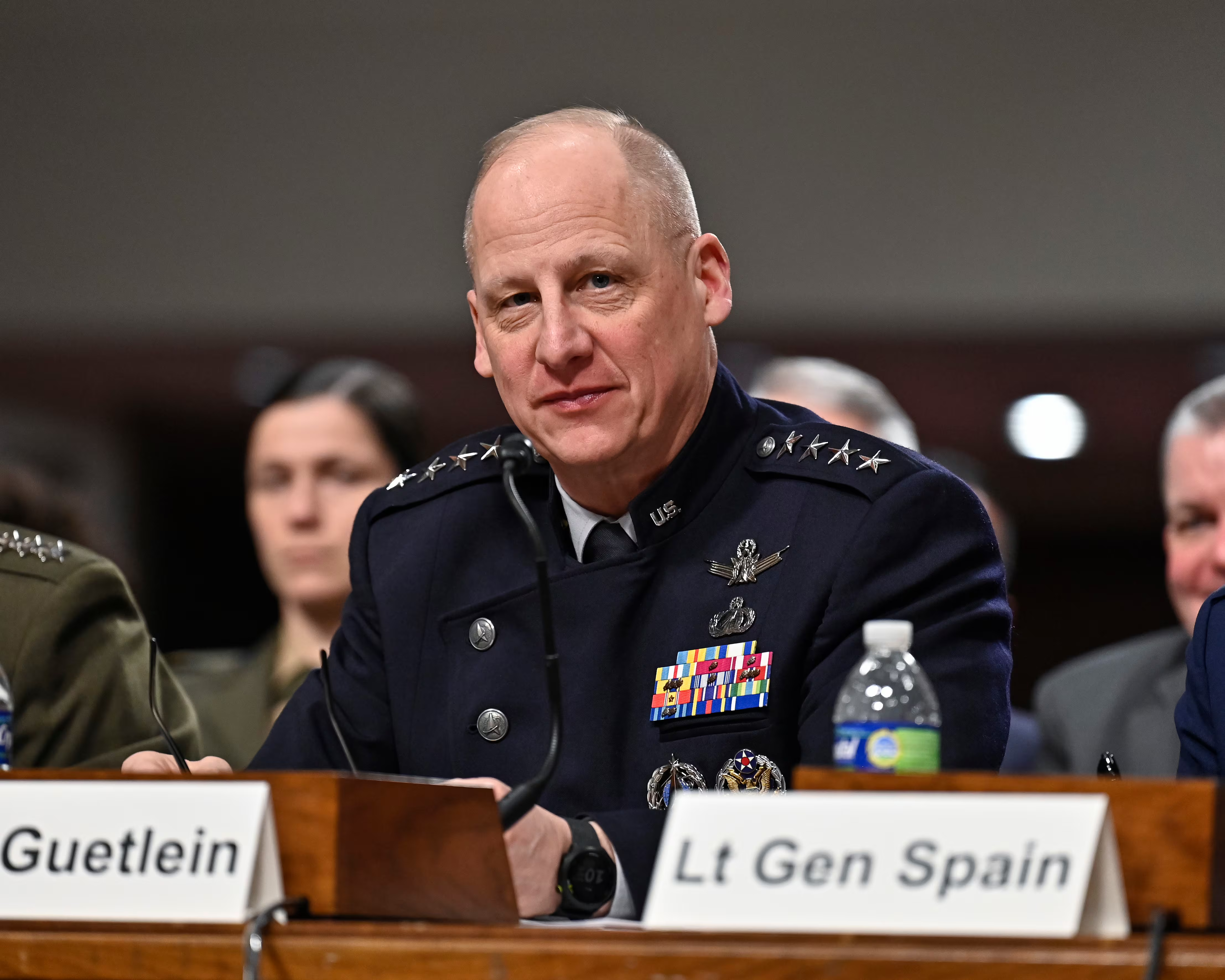WASHINGTON — Sen. Bob Corker on Wednesday questioned why the Defense Department can “turn entire countries into craters” but has yet to audit itself.
“We all watch us kill people remotely in Mosul and other places, people far away, commanding drones. It’s remarkable we can do something like that. DoD has the capacity to turn entire countries into craters, has all kinds of cyber capabilities,” said Corker, R-Tenn.
At a Senate Budget Committee hearing on the ongoing DoD audit and management reforms, Corker—a leading fiscal conservative in Congress—was among lawmakers questioning DoD Comptroller David Norquist and Chief Management Officer John Gibson.
Corker was not the only one passionate about defense spending. The committee’s ranking member, Sen. Bernie Sanders, I-Vt., grilled the DoD officials on contract overruns and whether defense firm CEOs are compensated excessively.
A comprehensive Pentagon audit is underway for the first time, even though Congress first legislated the requirement in 1990. The annual defense policy law for 2014 mandated the audit begin in 2018.
The audit is likely to be the largest audit ever, comprising 24 stand-alone audits and involving 1,200 auditors, Norquist said in written remarks. It has been budgeted at $367 million for fiscal 2018, but Norquist defended the cost.
“How in the world is it, in 2018, with all the massive capabilities that the Pentagon has, this is the first time the Pentagon has been able to conduct an audit? What is going on with the culture at the Pentagon, Mr. Norquist?” Corker said.
Norquist said he shared Corker’s concerns, adding that the Trump administration, “made starting the audit right away critical.”
Corker cut him off: “Just what’s going on with culture? How in the world can it be that the biggest, greatest fighting entity in the world cannot audit itself until 2018? What’s wrong?”
Norquist said the Pentagon has been more focused on its mission than on the back office. Yet Defense Secretary Jim Mattis and his deputy, Patrick Shanahan, have communicated it as a priority, he said, “and I think that has helped turn the ship.”
When Norquist credited Congress for pressing the Pentagon to audit itself, Corker interjected again: “I don’t care about Congress. The fact is that we have probably wasted hundreds of billions of dollars through the years through poor management. Is that correct? That would be a low estimate, would it not?”
Norquist did not reply, but auditors have found that the Defense Logistics Agency misidentified $465 million of construction projects, that the Army had failed to record 39 Black Hawk helicopters in its property system and that the Air Force failed to record 478 buildings and structures at 12 installations in its property system.
DoD expects to use the lessons from the audit to yield $6 billion in savings per year, and the White House estimates savings of $46 billion across five years. Gibson — who is directing a variety of reform initiatives — told Arkansas Republican Sen. Tom Cotton of the projections, “I am very comfortable we will meet or exceed those numbers.”
Oregon Democratic Sen. Ron Wyden lamented that getting to the DoD audit has been, “the longest running battle since the Trojan War.” Wyden pressed Norquist to estimate how much longer it would for the Pentagon to actually pass an audit, but Norquist demurred.
“At my town hall meeting this weekend, people are going to ask about waste,” Wyden said. “I think based on your answer, I have to tell Oregonians it will take more than 10 years.”
“To get all the way to the clean audit, which means fixing virtually everything, that might well be true,” Norquist replied. “But the benefit of the audit, we will see right away.”








